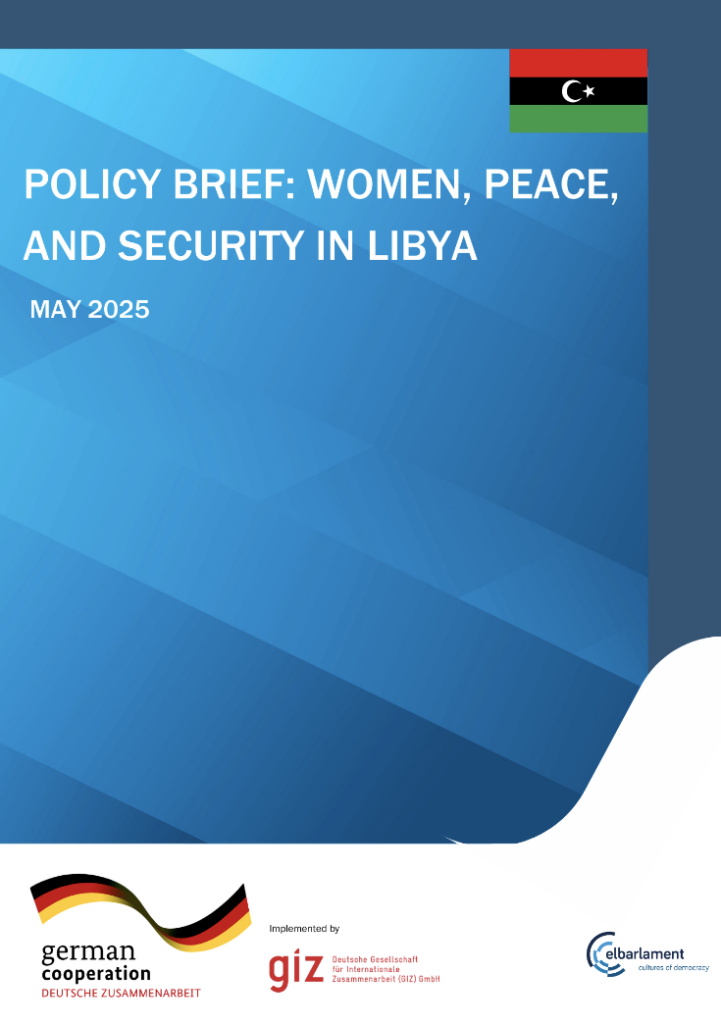Libyan women have remained at the forefront of peacebuilding, humanitarian response, and local mediation despite the country’s protracted conflict, political fragmentation, and institutional collapse. Their leadership, often informal and rooted in community networks, has filled critical governance voids, providing conflict resolution, aid distribution, and social support where the state has faltered.
However, efforts to institutionalize the Women, Peace, and Security (WPS) agenda have faced entrenched resistance. The 2021 attempt to adopt a National Action Plan (NAP) on UNSCR 1325 was derailed by a coordinated campaign from conservative actors, which framed the WPS agenda as a foreign threat to national and religious values. The backlash culminated in the suspension of the MoU supporting the NAP and a formal fatwa against the concept of “gender,” illustrating the ideological volatility surrounding women’s rights in Libya’s public sphere.
In this hostile context, women peacebuilders continue to face targeted violence, digital defamation, legal harassment, and marginalization from formal decision-making. Yet they persist in leading reconciliation efforts, mediating tribal disputes, and sustaining local governance, often under threat and without institutional protection or resources.
This brief draws on the latest field-based assessment to examine the political and security environment, the gendered impact of the conflict, and the evolving dynamics of the WPS agenda in Libya. It identifies both the achievements of Libyan women and the systemic challenges they face. The brief concludes with practical, context-specific recommendations for Libyan institutions, civil society, and international partners to ensure women’s inclusion is not symbolic but foundational to the country’s recovery and peace.
